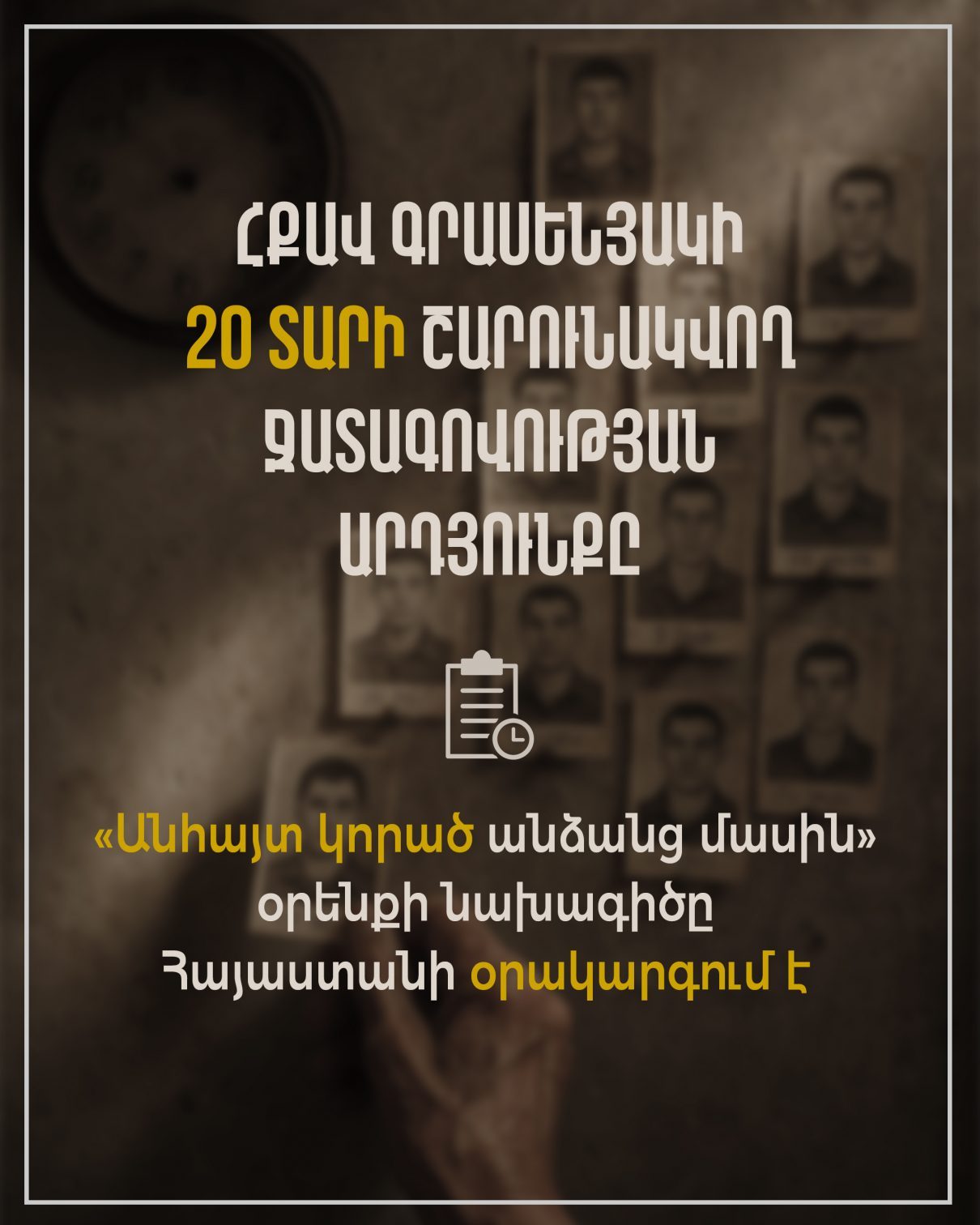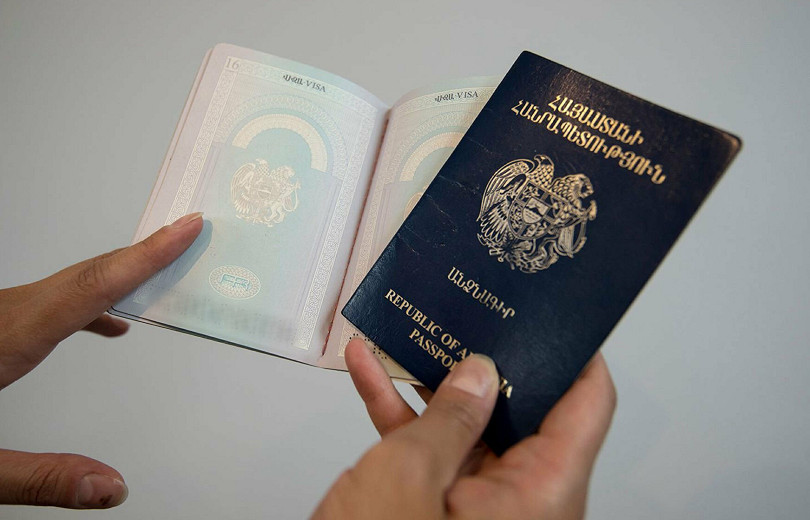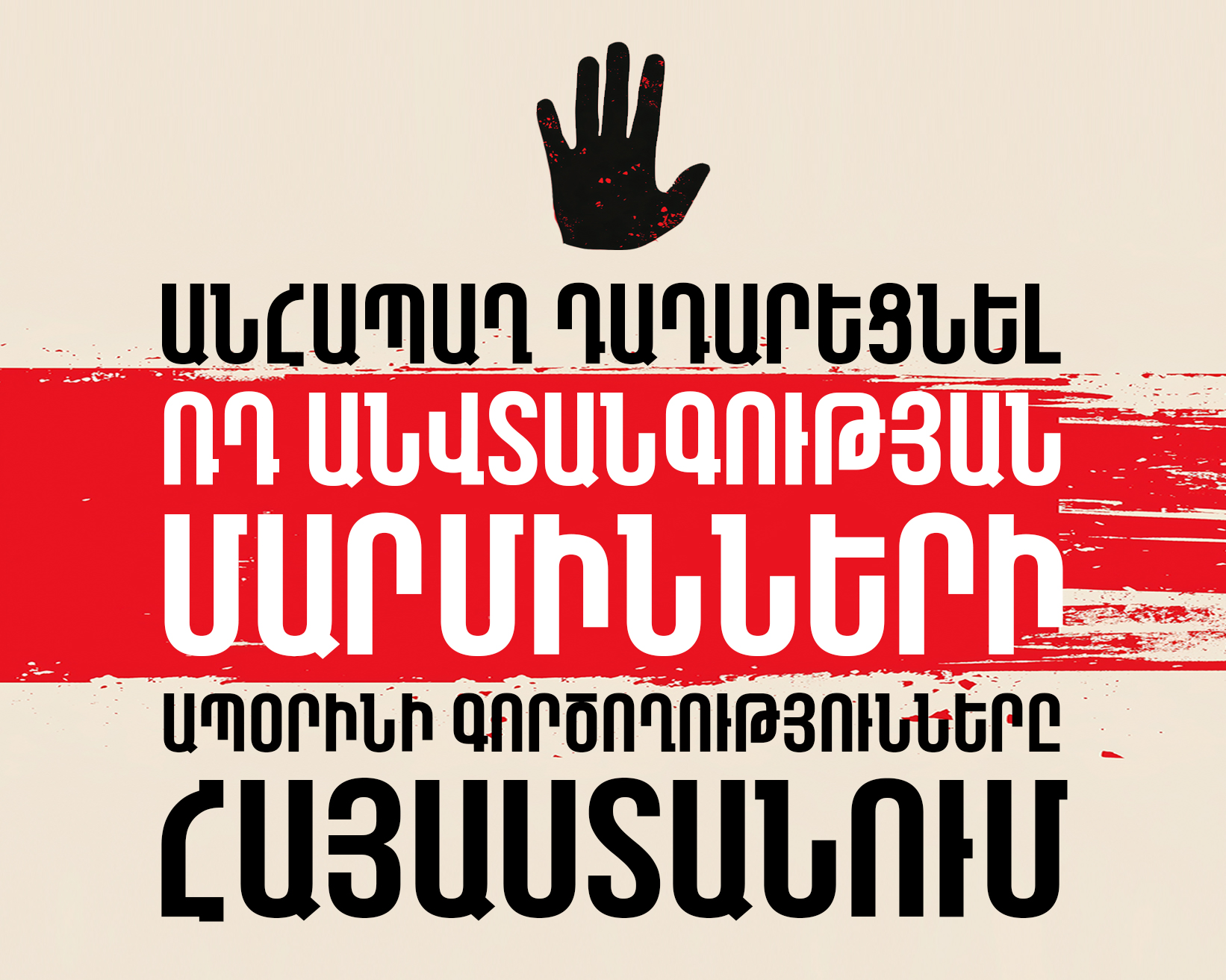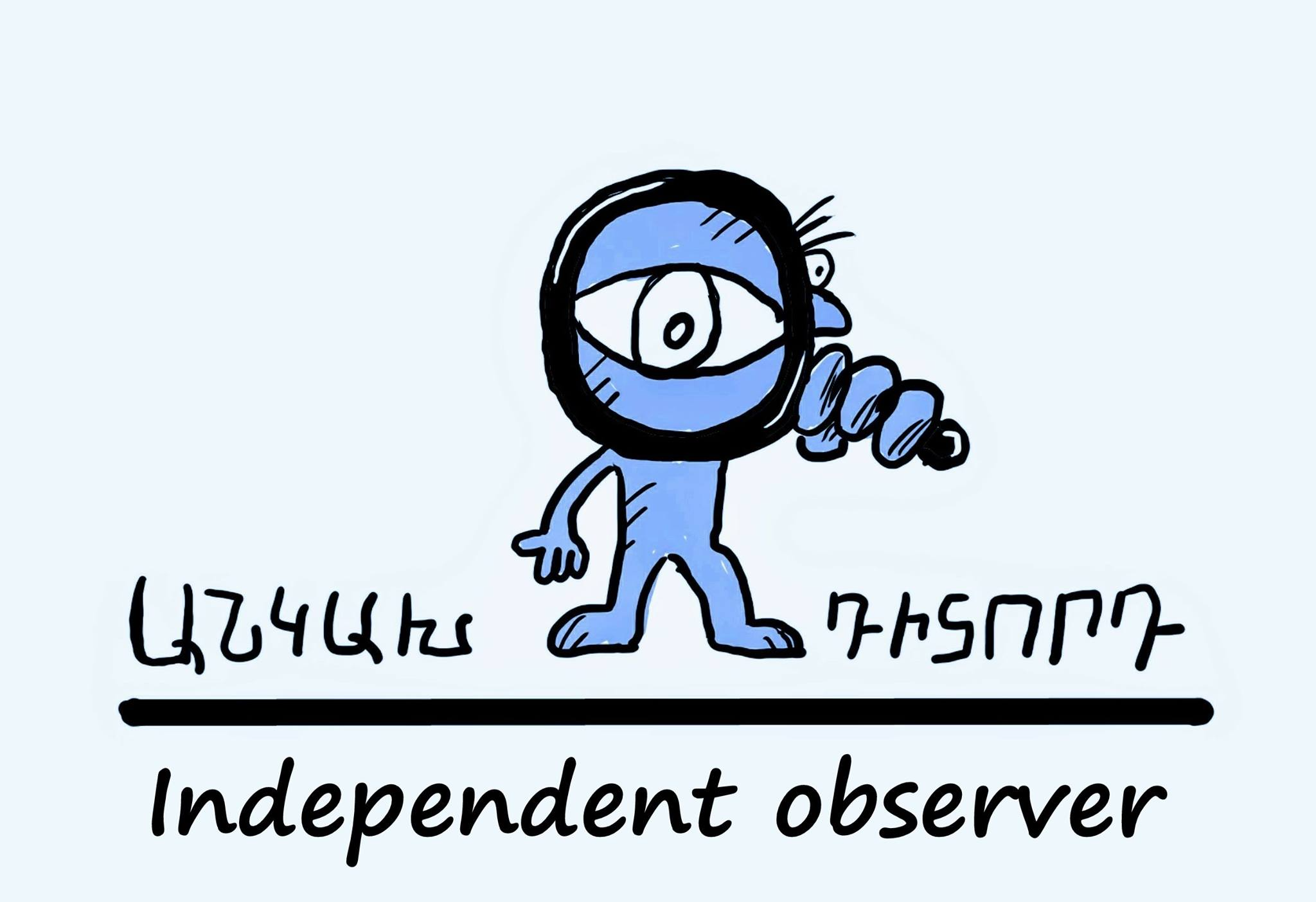




The position of HCA Vanadzor regarding the RA Draft Law on making amendments and addenda to the RA Law on State Duty

Activities | Project։ Stability of HCA Vanadzor in the light of democracy and human rights challenges in the Republic of Armenia 2020 | Publications | News | Legislative Proposals | Legislative Proposals and Analysis
"Centre for Legislation Development and Legal Research" Foundation of the Ministry of Justice developed the RA Draft Law on making amendments and addenda to the RA Law “On state duty” and placed it for public discussion on 30 June 2020.
We hereby present the position of HCA Vanadzor on the draft law.
According to Article 61 part 1 of the Constitution, “Everyone shall have the right to effective judicial protection of his or her rights and freedoms”.
According to Article 63 part 1, “Everyone shall have the right to a fair and public hearing of his or her case, within a reasonable time period, by an independent and impartial court”.
The Constitutional Court has repeatedly considered Article 61 and Article 36 of the Constitution as one unified legal phenomenon. This particularly concerns the right to access to justice as an element of the right to a fair trial [1]. In another decision [2], the Constitutional Court mentioned that fulfilling constitutional obligation to pay state duties in courts is closely connected with the opportunity of the implementation of an individual’s constitutional right to apply to court. The Constitutional Court stressed that the obligation to pay state duties in courts must not seek the aim of depriving a person from the constitutional right to apply to court. Regulating the legal relations connected with levying state duties in courts, the Legislator is constrained by constitutional principles of protection of civil rights and freedoms, in particular, by the obligation to guarantee the principle of access to courts. Therefore, the Legislator has the obligation to guarantee proper balance between the state’s lawful interest in levying state duties in courts, a person’s constitutional obligation to pay state duties in courts and the applicant’s lawful interest in protecting his/her rights through courts.
The Constitutional Court expressed the following legal positions regarding the right to access to court, which is a component of the right to a fair trial.
✅ no peculiarity or procedure of judicial procedures may hinder or prevent the possibility to effectively implement the right to apply to court, to deprive of sense the right to judicial protection, which is guaranteed by RA Constitution, or be an obstacle to its implementation. [3].
✅access to court (justice) may have certain restrictions, which must not impair the very essence of that right[4],
✅when establishing conditions of admissibility of an appeal made against a judicial act, guarantees of ensuring access to court must prevail[5].
The European Court of Human Rights, in its turn, formed the following legal positions on the fundamental right, which is the subject matter:
✅ the state can set certain conditions to exercise the right to apply to court, however, these limitations must not restrict the exercise of the right in such a way or to such an extent that the very essence of the right is impaired,
✅ restriction of the right to access to court will not be in line with Article 6 part 1, if it does not pursue a legal aim, and if there is no reasonable proportionality between the means applied and the aim sought[6],
✅ the right to access to court is violated when the established regulations cease to serve the aims of legal certainty and proper organization of justice and turn into an obstacle for the relevant court to examine the merits of the case[7]. The “right to court” and the right to access are not absolute. They may be subjected to restrictions, but it must not restrict or lower an individual’s right to access in a way or to the extent that the very essence of that right be violated[8].
Taking into account the above-mentioned legal positions, in point 13 and point 15 of decision No. EKD/0056/11/17 and No. DCC/0088/01/12 of 20 March 2018 respectively, the Court of Cassation recorded that “The right to access to court has an exclusive role in the legal system of protection of a person’s rights, it is the main precondition of restoring the allegedly violated rights and freedoms, by which a person’s right to apply to court (locus standi) and claim effective remedy is implemented”.
Article 78 of the RA Constitution establishes that “The means chosen for restricting basic rights and freedoms must be suitable and necessary for achievement of the objective prescribed by the Constitution. The means chosen for restriction must be commensurate to the significance of the basic right or freedom being restricted”. Regarding Article 78 of the Constitution, the Court of Cassation recorded that “It stems from the principle of proportionality that the means chosen for restricting a right must be
✅ suitable and necessary for achievement of the objective pursued,
✅ commensurate to the objective pursued.
According to the criterion of “suitability”, a means is considered suitable if it gives an opportunity to reach the aim sought. Whereas in case of the criterion of “necessity”, the means is considered necessary, if the aim sought by law cannot be reached by an equally suitable and milder means than the means already chosen. With regard to the applied means being commensurate to the aim pursued, it means that the depth օf the interference must not be disproportionate to the value significance and weight of the restricted fundamental right. In other words, there must be fair balance between the aim sought and the means applied, the applied means must not be too strict, bypassing the reasonable opportunities to reach the same aim by making the minimum efforts” [9].
Touching upon the right to access to a court, the European Court of Human Rights established that the right to access to a court must be “practical and effective”[10]. For the right of access to be effective, an individual must “have a clear, practical opportunity to challenge an act that is an interference with his rights”.
In the specific circumstances of a case, the practical and effective nature of the right of access to a court may be impaired, for instance:
✅by the prohibitive cost of the proceedings in view of the individual’s financial capacity,
✅ by excessive amount of judicial expenses[11],
✅ by excessive court fees[12].
The analysis of the above-mentioned legal norms and positions shows that the amount of the state duty necessary to apply to a court directly depends on the constitutional legal principle of access to court, which is a component of the right to a fair trial. And taking this into account, the extremely high threshold of state duty is considered as “a lack of a practical possibility to challenge the act that interferes in his rights”, turns into an obstacle to the authorized court to examine the merits of the case, undermines the very essence of the right to a fair trial and may lead to violation of the principle of access to justice. Moreover, it is a condition which is not subordinate to, but rather dominant over guarantees of the right to access to a court.
We assess positively the envisaging of upper limits of state duty rates and regulations of providing advantage to be released from the state duty by appeals against interim judicial acts, as well as by applications presented by NGOs in cases defined by Chapter 29.3 of the Administrative Procedure Code. Nevertheless, it should be stated that as compared to the applications, claims regarding current regulations, appeals and cassation appeals against judicial acts, the rates of state duty for bankruptcy applications have increased so much that it puts under doubt the value of the meaning of the rights to judicial protection, fair trial and access to court.
Thus, for the applications with monetary claims, the state duty is envisaged to be in the amount of 3% of the value of the claim, but no less than 6 times the basic duty. This means that as compared to the regulation in force, the minimum amount increased 4 times, which is an obstacle for the presentation of applications with claims of small amounts of money and pursues the aim of “getting rid” of the mentioned claims. For applications presented to courts with non-monetary claims, an obligation to pay 20 times the amount of the basic duty was envisaged, which has increased 5 times as compared to the regulation in force. Such increases are also envisaged in the rates of the state duty paid for appeals to higher courts. The higher court, conducting supervision over the judicial act of a subordinate court instance allegedly containing a judicial mistake, does an action, which, in terms of law, is an independent object of levying state duty. It turns out that as compared to the previous regulation, if a person pursued the judicial protection of his rights in three instances with a monetary claim, he was obliged to pay only 8% of the claim, whereas the current regulations require 12% and 30 times instead of 10 times the amount of the basic duty for applying to the Constitutional Court.
The rate of the state duty for applications by natural persons for bankruptcy cases also increased 5 times and twice for legal entities. It is noteworthy that in regard to the above-mentioned, the justifications of the Draft include legislative regulations of a number of countries, in case of none of which the state duty exceeds the sizes envisaged by the Draft, moreover, in most cases they are even less than the amounts established in the regulations in force. Thus, the following examples were invoked: Russia, where 3000 rubles are envisaged for natural persons and 6000 rubles for legal entities; the United Kingdom, i.e. England and Wales, 130 pound sterling for the application and 550 pound sterling for the deposit of bankruptcy; Northern Ireland, 144 pound sterlings as a court fee and 525 pound sterlings for bankruptcy deposit; in most of the States of the US, for example, in Nevada state, 335 dollars if presented in a procedure established by point 7 and 1,717 dollars if presented in a procedure established by point 11; Latvia, where 355.72 euros are established for legal entities and 71.14 euros for natural persons. Thus, even in countries with a high standard of living and a big size of consumer basket, such state duty rates (which are envisaged by the Draft) are not envisaged for applications on bankruptcy.
The envisaged regulations established such interference, i.e. such rates of state duty, the depth of which is not commensurate with the value significance and weight of the fundamental right to access to court, which is a component of the right to a fair trial. As a result, the essence of the mentioned right is undermined by having too high court fees as a basis, which entails the condition that the right to judicial protection ceases to be “practical and effective”.
Thus, taking the above-mentioned into account, we assess negative the envisaging of high state duties by the Draft with the justification that high state duty rates, as well as increase of the minimum threshold of state duty, violate the right to access to justice, pursue the aim of depriving a person of his/her constitutional right to apply to court and make the right to judicial protection unaffordable.
Based on the aforementioned, we propose to take the Draft out of circulation.
This position is presented through the e-draft.am platform.













